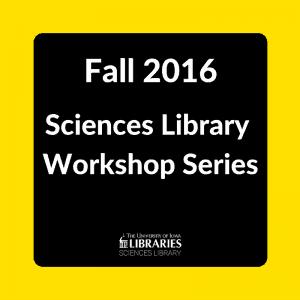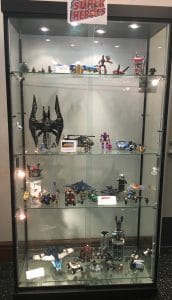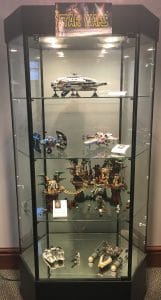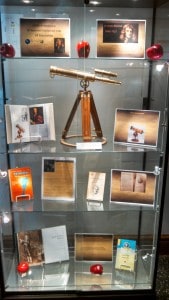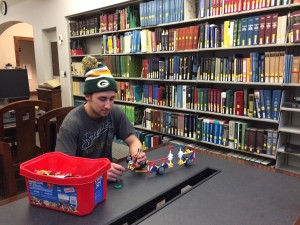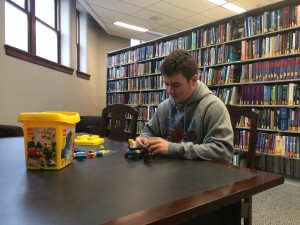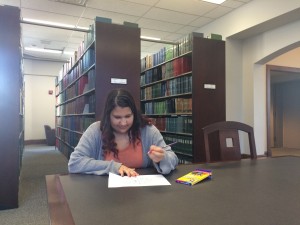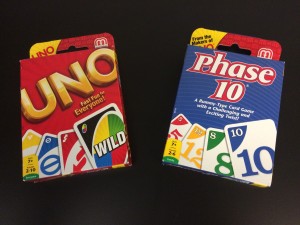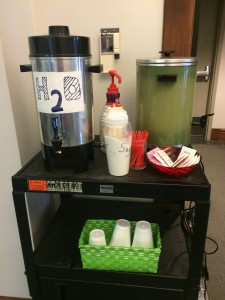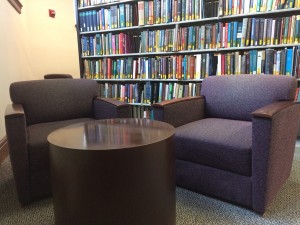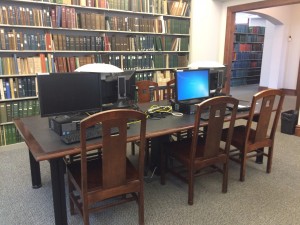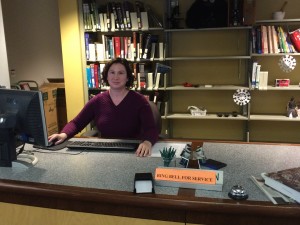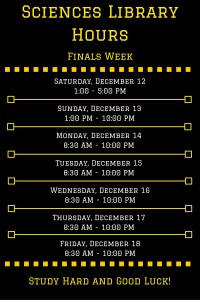Open Data From NOAA and Its Grantees
Thursday, April 21st, 2016
10:30 to 11:30 a.m.
Iowa Memorial Union, Illinois Room (348)
Presented by Jeff de La Beaujardière
Sponsored by University of Iowa Libraries
The United States National Oceanic and Atmospheric Administration (NOAA) generates many terabytes of data every day. Data comes from hundreds of sensors on satellites, radar, aircraft, ships, buoys, and from numerical models.
With rare exceptions, all of this data should be made publicly accessible in a timely and usable fashion. NOAA has long been both an advocate and a practitioner of Open Data. Recent White House mandates are expanding public access to the results of federally funded research. In addition, NOAA has initiated research and development agreements with several cloud computing providers to explore new methods for data access and use.
Jeff will address these NOAA policies and activities during his presentation.
Jeff de La Beaujardière has been the NOAA Data Management Architect since May 2011 and Chair of the Environmental Data Management Committee since 2012. He also serves on inter-agency and international groups aimed at enhancing data sharing and interoperability, including the international Group on Earth Observations Data Management Principles Task Force, the US Group on Earth Observations Data Management Working Group, and the Open Geospatial Consortium. In these roles he works toward the vision that NOAA’s rich and unique data holdings shall be discoverable, accessible, well-documented, compatible, and preserved for future use.
Previously, Jeff was Senior Systems Architect for the US Integrated Ocean Observing System Program Office at NOAA, where he guided the implementation of interoperability standards by IOOS partners for data access and discovery. Prior to joining NOAA, Jeff spent 13 years at NASA Goddard Space Flight Center in such roles as Geospatial One-Stop Portal Manager; web services developer for the Modeling, Analysis and Prediction 2005 project, the GLOBE Program, and the Public Use of Remote Sensing Data Program; and NASA’s representative to OGC and to the Unidata Policy Committee. He participated in the first OGC Web Mapping Testbed in 1998, implemented the first Web Map Server at NASA, and was Editor of the WMS specification for OGC and the International Organization for Standardization.Jeff de La Beaujardière has been the NOAA Data Management Architect since May 2011 and Chair of the Environmental Data Management Committee since 2012. He also serves on inter-agency and international groups aimed at enhancing data sharing and interoperability, including the international Group on Earth Observations Data Management Principles Task Force, the US Group on Earth Observations Data Management Working Group, and the Open Geospatial Consortium. In these roles he works toward the vision that NOAA’s rich and unique data holdings shall be discoverable, accessible, well-documented, compatible, and preserved for future use.
Dr. de La Beaujardière holds a BA in Physics (1985) from the University of California at Berkeley and a PhD in Astrophysics (1990) from the University of Colorado at Boulder.
This presentation is sponsored by the University of Iowa Libraries. The Libraries’ Research Data Services, in collaboration with other campus offices, including the Division Sponsored Programs, Information Technology Services and Iowa Informatics Initiative, support the data management and publishing needs of researchers.
Please RSVP at https://goo.gl/JLYEb4
Individuals with disabilities are encouraged to attend all University of Iowa-sponsored events. if you are a person with a disability who requires a reasonable accommodation in order to participate in this program, please contact Sara Sheib in advance at 319-335-3024.
 The UI Libraries, partnering with Information Technology Services, the Office of the Provost, the Division of Sponsored Programs, and the Big Ten Academic Alliance are leading an initiative to help all research active University of Iowa staff and faculty obtain an ORCID iD and/or link their existing identifier to their University of Iowa email address.
The UI Libraries, partnering with Information Technology Services, the Office of the Provost, the Division of Sponsored Programs, and the Big Ten Academic Alliance are leading an initiative to help all research active University of Iowa staff and faculty obtain an ORCID iD and/or link their existing identifier to their University of Iowa email address.
